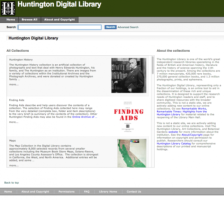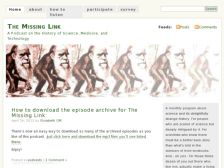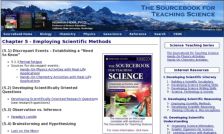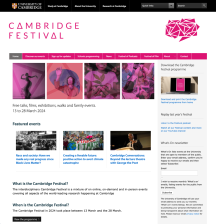Browse Resources
(10 classifications) (32 resources)
| 11th century
(1)
20th century. (8) Archives. (8) Chronology. (2) Computer network resources (3) |
Directories
(1)
Exhibitions (10) Podcasts (1) Sources (12) Video catalogs (1) |
Resources | |||||||||||||||||||||||||||||||||||||||||||||||||||
|---|---|---|---|---|---|---|---|---|---|---|---|---|---|---|---|---|---|---|---|---|---|---|---|---|---|---|---|---|---|---|---|---|---|---|---|---|---|---|---|---|---|---|---|---|---|---|---|---|---|---|---|
| |||||||||||||||||||||||||||||||||||||||||||||||||||
| ← Previous | Next → | ||||||||||||||||||||||||||||||||||||||||||||||||||






